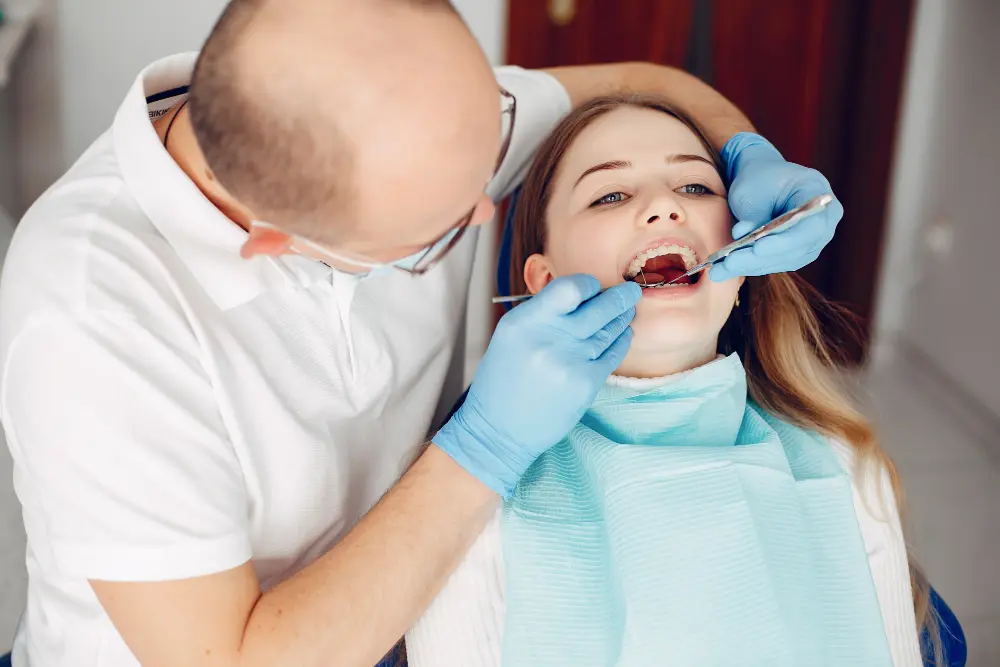Imagine walking into a dental clinic, feeling completely at ease, with no fear or anxiety about the upcoming procedure. This scenario may seem like a dream for many, but with the advent of sedation dentistry, it has become a reality for countless individuals seeking dental care. In this comprehensive guide, we delve into the myriad benefits of It, exploring how it can revolutionize the way you perceive and experience dental procedures.
Introduction to Sedation Dentistry
Understanding Sedation Dentistry
Sedation dentistry, also known as sleep dentistry or twilight sleep, involves the use of medication to help patients relax during dental procedures. This approach is particularly beneficial for individuals with dental anxiety, fear of needles, or sensitive gag reflexes.
Types of Sedation
- Inhaled Sedation (Nitrous Oxide)
- Oral Sedation
- Intravenous (IV) Sedation
- General Anesthesia
The Benefits of Sedation Dentistry
Overcoming Dental Anxiety and Fear
For many people, visiting the dentist induces feelings of fear and anxiety. Sedation dentistry offers a solution by inducing a state of relaxation, allowing patients to undergo treatment without experiencing overwhelming stress or panic.
Pain Management

One of the primary benefits of sedation dentistry is its ability to minimize discomfort during dental procedures. By numbing the senses and inducing a state of relaxation, sedation ensures patients experience minimal pain or discomfort throughout their treatment.
Increased Comfort and Relaxation
Undergoing dental procedures can be physically and mentally taxing, especially for individuals with dental phobias or sensitive nerves. It promotes comfort and relaxation, creating a tranquil environment that facilitates a smoother and more pleasant dental experience.
Time Efficiency
Sedation dentistry allows dentists to work more efficiently by minimizing patient discomfort and anxiety. This enables them to complete procedures more quickly and effectively, reducing the overall time required for treatment.
Enhanced Treatment Quality
Dentists can perform procedures with greater precision and accuracy when patients are relaxed and cooperative. Sedation dentistry ensures optimal conditions for dental work, resulting in higher-quality outcomes and improved patient satisfaction.
Accessibility for Special Needs Patients
Individuals with special needs, such as developmental disabilities or medical conditions, may find it challenging to undergo traditional dental procedures. It offers a viable solution, allowing these patients to receive the dental care they need safely and comfortably.
Conclusion
In conclusion, the benefits of sedation dentistry are vast and profound, offering a lifeline to individuals who struggle with dental anxiety, fear, or discomfort. By providing a relaxed and pain-free environment, It has transformed the dental experience for countless patients, making dental care more accessible and enjoyable. Whether you’re undergoing a routine cleaning or a complex dental procedure, It can help you navigate your dental journey with confidence and ease.
Frequently Asked Questions (FAQs)
- Difference Between Sedation Dentistry and General Anesthesia? It keeps you relaxed but conscious during dental procedures, while general anesthesia renders you unconscious. Sedation is for less invasive treatments, while general anesthesia is for more complex procedures.
- Is Sedation Dentistry Safe for Children? Yes, it can be safe and effective, especially for anxious or restless children. Consult a pediatric dentist to determine the best sedation option based on the child’s age, health, and the procedure’s complexity.
- How Long Does Sedation Last? The duration varies, usually lasting from minutes to hours, depending on the medication, dosage, and individual factors like metabolism. Patients remain under supervision until the sedative effects wear off.
- Will I Be Unconscious During Sedation Dentistry? No, you’ll be conscious and able to respond to verbal cues. Sedation induces relaxation and drowsiness, allowing you to stay calm and comfortable during the procedure.
- Side Effects and Risks? Minimal risks include drowsiness, dizziness, nausea, or temporary memory loss. Serious complications are rare but possible, especially in individuals with underlying health conditions or allergies.
- Can Sedation Dentistry Be Used for Routine Cleanings? Yes, especially for patients with severe anxiety or phobias. However, it’s essential to discuss with your dentist and consider your medical history, comfort level, and the necessity of sedation for the treatment
